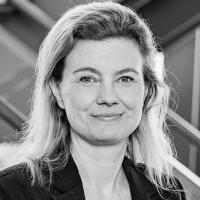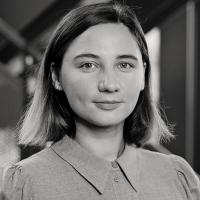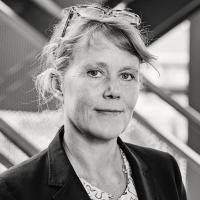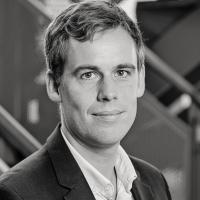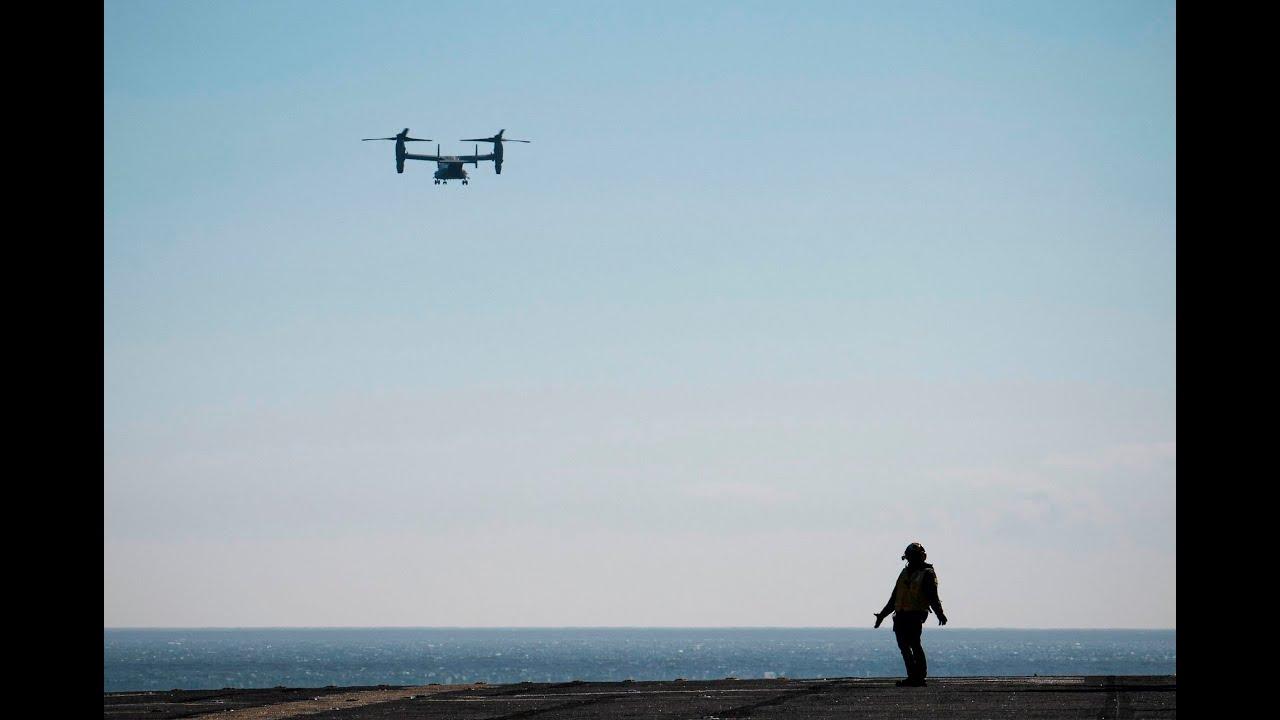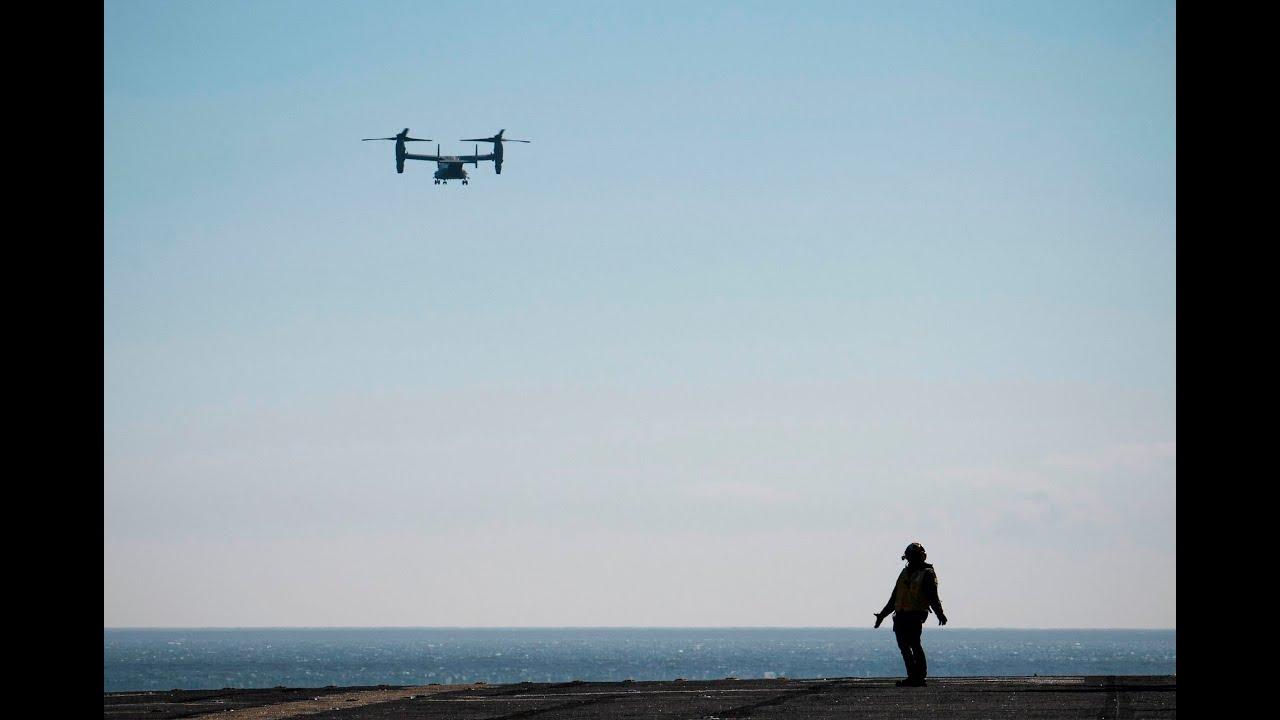Livestreaming
Baltic Sea Region security challenges after Ukraine
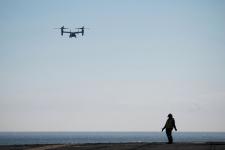
The war between Russia and Ukraine has unsettled the security situation in Europe, particularly in the Baltic Sea region. Russia’s aggression has re-emphasised fear in the Baltic States of Lithuania, Latvia and Estonia that Russia might target them next. What does this mean for the security situation in the Baltic Sea region in the future?
To answer this question, DIIS in collaboration with RDDC and CWS has invited a range of subject matter experts to help us understand the different dimensions at play. Over one and a half day we will discuss how Geopolitical, Military, Information, Energy and Total Defence aspects of the current situation are dealt with.
Programme - Day 1, 22 February
12.30-13.15 Lunch
13.15-13.30 Welcome, Cecilie Felicia Stokholm Banke, DIIS
13.30-15.00 Panel 1: How the major powers view the Baltic Sea Region
With the war in Ukraine raging in its background, the Baltic Sea Region (BSR) has emerged as a key geopolitical arena confronted with various security challenges. To set the stage for subsequent panels, this opening session asks what the Baltic Sea region looks like from the perspective of Beijing, Berlin, Moscow, Warsaw and Washington. Has China alienated itself from Western BSR countries by maintaining its close ties to Russia, will Germany’s `Zeitenwende´ pave the ground for assuming a leadership role in the BSR, how does Poland view the new security landscape in the region, has Russia in reality barred itself from any sort of cooperation with the other BSR countries for year to come, and will the United States gradually lose interest in the region as the war in Ukraine grinds on?
Moderator: Cecilie Felicia Stokholm Banke, DIIS
- Beijing’s perspective, Andreas Bøje Forsby, Danish Institute for International Studies
- Berlin’s perspective, Amelie Theussen, Royal Danish Defence College
- Moscow’s perspective, Charlotte Flindt Pedersen, The Foreign Policy Society, DK
- Warsaw’s perspective, Milosz Jeromin Cordes, The Foreign Policy Society, DK/Lund University, Sweden
- Washington’s perspective, Rasmus Sinding Søndergaard, Danish Institute for International Studies
15.00-15.15 Break
15.15-16.45 Panel 2: Finland and Sweden’s NATO membership and the security in the Baltic Sea Region
One of the official aims of Russia’s invasion of Ukraine in February 2022 was to keep the US and NATO at a safe distance from Russia’s borders. But one of the invasion’s side effects is that Finland and Sweden have applied for membership of the NATO alliance. When they join Russia will have a new and very long land border with NATO, and the Baltic Sea will in essence develop into a “NATO lake” with dire consequences for Russia’s ability to defend its Kaliningrad enclave.
The panel will try to highlight some of the aspects of this new geostrategic situation in the Baltic Sea Region.
Moderator: Elias Götz, Royal Danish Defence College
- How does Finland's and Sweden's membership in NATO affect the Russian-Western security dilemma in the Baltic Sea region?, Jørgen Staun, Royal Danish Defence College (RDDC)
- Naval-military aspects of the accession of Finland and Sweden to NATO, Anders Puck Nielsen, Royal Danish Defence College (RDDC)
- Swedish and Finnish NATO membership: Consequences for Arctic and Baltic security, Niklas Granholm, Totalforsvarsinstitutet (FOI), Sweden
16.45-17.00 Thank you and see you tomorrow, Trine Villumsen Berling, DIIS
Programme - Day 2, 23 February
08.45-09.00 Coffee and croissants
09.00-09.15 Welcome back, Trine Villumsen Berling, DIIS
09.15-10.45 Panel 3: Challenges and resilience in the Baltic Sea Region information space
This panel will focus on the Baltic Sea region information space by examining both national and shared challenges arising from the rapidly changing security environment with increasing levels of propaganda, disinformation and competing narratives. The panel also approaches the important question of how to navigate these challenges in an effort to heighten information space resilience in liberal societies.
Moderator: André Ken Jakobsson, SDU
- An Estonian view, Dmitri Teperik, International Centre for Defence and Security, Estonia
- A Latvian view, Solvita Denisa-Liepniece, Baltic Centre for Media Excellence
- A Lithuanian perspective, Mantas Martišius, Vilnius University
- A Finnish perspective, Pekka Kallioniemi, Tampere University
10.45-11.00 Coffee
11.00-12.30 Panel 4: Ensuring Energy Security within Geopolitical Constraints
The outbreak of war in Ukraine in February 2022 has catapulted energy onto the security agenda in Europe at large. The very understanding of what energy security entails started to converge causing a tectonic shift not least in the Baltic Sea Region. This panel brings together experts to discuss this change and what an energy-secure Europe may look like in the years to come. The panel will address historical energy sector developments combined with geopolitics, technological advancements, energy, and the climate crisis - all on the road leading towards climate neutrality and energy security.
Moderator: Trine Villumsen Berling & Veronika Slakaityte, DIIS
- Energy vs geopolitics, Lukas Trakimavicius, NATO Energy Security Centre for Excellence, Lithuania
- Hydrogen as a means to boost energy security, Maryna Hritsyshyna, Hydrogenious LOHC Technologies, Germany
- Potential in offshore wind and Energy Islands, Hanne Storm Edlefsen, Energinet, Denmark
- Conventional nuclear energy and small modular reactors, Bent Lauritzen, Technical University of Denmark (DTU)
12.30-13.30 Lunch
13.30-15.00 Panel 5: Total Defence as a solution to the changed threat environment?
In many ways, the concept of total defence has been used to define the role of society in the management of our nation's security; in war- and peacetime. In the Nordic contries, however, that role of society is defined differently. In some countries, citizens are instructed to be prepared to take care of themselves and neighbours for three days without government support in the event of ‘crisis or war’. In other countries, different modus operandi exist. What are the differences and similarities between these approaches and in what ways are they progressing in the region? This panel will ask experts how they view current trends and future paths.
Moderator: Karen Lund Petersen, DIIS
- The role of total defence in Norway, Sissel Haugdal Jore, Stavanger University, Norway
- Civil military relations and total defence in Sweden, Joakim Berndtsson, University of Gothenburg, Sweden
- The Finnish perspective, Tapio Juntunen, Tampere University, Finland
- Denmark and Total Defence, Michael Zilmer-Johns, Ministry of Foreign Affairs, DK
15.00-15.30 Thank you and goodbye
Speakers
Cecilie Felicia Stokholm Banke, senior researcher, DIIS
Andreas Bøje Forsby, senior researcher, DIIS
Amelie Theussen, Royal Danish Defence College
Charlotte Flindt Petersen, The Foreign Policy Society
Milosz Jeromin Cordes, The Foreign Policy Society/Lund University
Rasmus Sinding Søndergaard, senior researcher, DIIS
Elias Götz, Royal Danish Defence College
Jørgen Staun, Royal Danish Defence College
Anders Puck Nielsen, Royal Danish Defence College
Niklas Granholm, Totalforsvarsinstituttet (FOI), Sweden
Trine Villumsen Berling, senior researcher, DIIS
André Ken Jakobsson, SDU
Dmitri Teperik, International Centre for Defence and Security, Estonia
Solvita Denisa-Liepniece, Baltic Centre for Media Excellence
Mantas Martišius, Vilnius University
Pekka Kallioniemi, Postdoctoral researcher, Tampere University
Veronika Slakaityte, research assistant, DIIS
Lukas Trakimavicius, NATO Energy Security Centre for Excellence, Lithuania
Maryna Hritsyshyna, Hydrogenious LOHC Technologies, Germany
Hanne Storm Edlefsen, Energinet, Denmark
Bent Lauritzen, Technical University of Denmark (DTU)
Karen Lund Petersen, senior researcher, DIIS
Sissel Haugdal Jore, Stavanger University, Norway
Joakim Berndtsson, University of Gothenburg, Sweden
Tapio Juntunen, Tampere University, Finland
Michael Zilmer-Johns, Ministry of Foreign Affairs, DK
Recorded on Wednesday 22 February 2023, 12.30-17.00 & Thursday 23 February 2023, 08.45-15.30
DIIS ∙ Danish Institute for International Studies in collaboration with Royal Danish Defence College & Center for War Studies, SDU
Sign up
DIIS Experts
